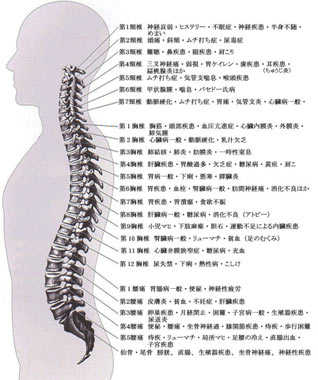I remember when I first learned the Japanese word for “name” — which is namae, nah-mah-eh — I noticed the similarity between the two words and wondered if the Japanese could have borrowed theirs from some Western language. It turns out that this isn’t the case, and the parallel between the two is purely accidental, a surprisingly common occurrence that’s known as a “false cognate” in linguistics. In Japanese you thank someone by saying arigato, which is very similar to the Portuguese for the same phrase, obrigado, but this is another example of unrelated words accidentally having similar pronunciations. Or the word so, which by an amazing coincidence corresponds perfectly with the word “so” in English as in so desu ka? “is that so?” Often words have pronunciations that are slightly shifted but still close, like boya which means “boy,” hone (ho-ne) which means “bone,” and the Japanese word for road, which is doro, phonetically the exact opposite of the English word.

The word for “bone” in Japanese is hone, which as in sebone (se-bo-ne) or backbone.














